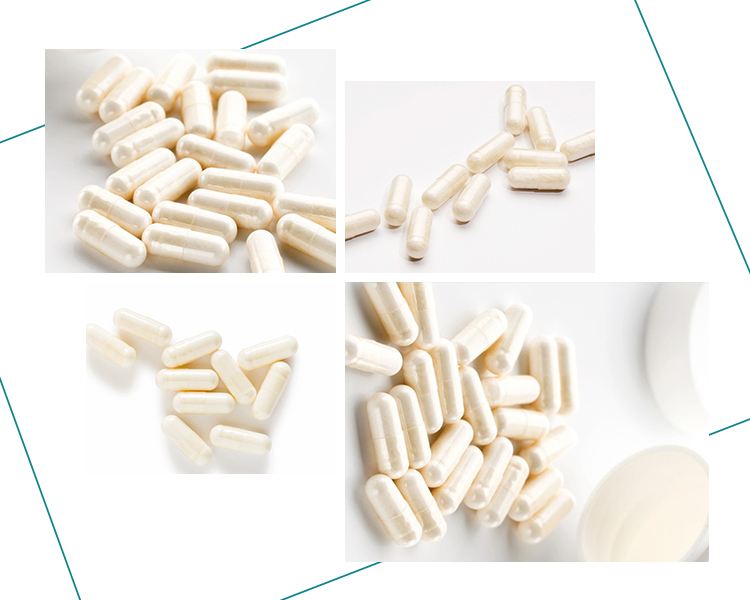Melatonin Capsules is a hormone naturally produced by the pineal gland in the brain. It plays a key role in regulating the sleep-wake cycle, or circadian rhythm. Melatonin supplements, often sold in the form of capsules, are commonly used to help with sleep disorders, jet lag, and other related issues.
Chemically, melatonin is known as N-acetyl-5-methoxytryptamine. Its chemical structure consists of a tryptamine backbone with an acetyl group and a methoxy group attached to it.
Chemical Structure of Melatonin Capsules:

Physical properties of melatonin capsules can vary depending on the specific formulation and manufacturer.
Physical Properties of Melatonin Capsules
1.Color: Melatonin capsules can be found in various colors, typically ranging from white to light brown, depending on the fillers and additives used in the formulation.
2.Texture: Capsules are usually solid, with a smooth or slightly granular texture.
3.Odor: Pure melatonin typically has little to no odor. However, some capsules may have a slight odor due to the presence of other ingredients or additives.
4.Solubility: Melatonin is sparingly soluble in water but soluble in organic solvents like ethanol and dimethyl sulfoxide (DMSO).
5.Melting Point: Melatonin has a melting point of around 117-120°C (242-248°F).

6.Stability: Melatonin is relatively stable under normal storage conditions, but it can degrade when exposed to light, heat, or air. Therefore, it is often stored in opaque, airtight containers in a cool, dry place.
7.Dosage: Melatonin capsules are available in various dosages, typically ranging from 1 mg to 10 mg per capsule. Dosage recommendations may vary depending on the individual’s age, health condition, and the purpose of use.
It’s important to note that while melatonin is generally considered safe for short-term use, it may cause side effects or interact with certain medications. It’s always best to consult with a healthcare professional before starting any new supplement regimen, especially if you have underlying health conditions or are taking medications.
